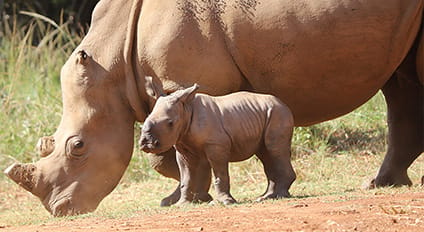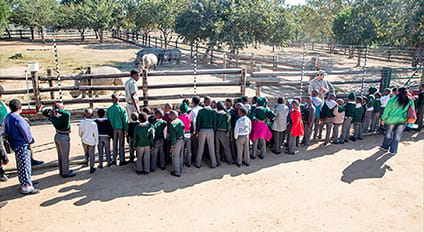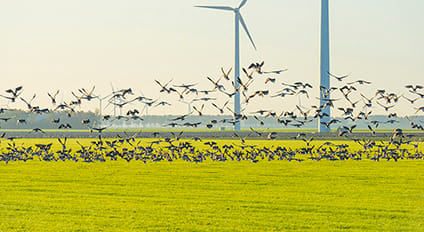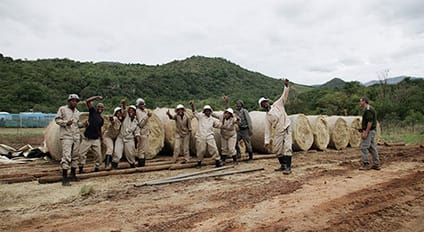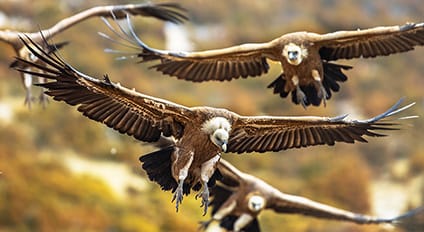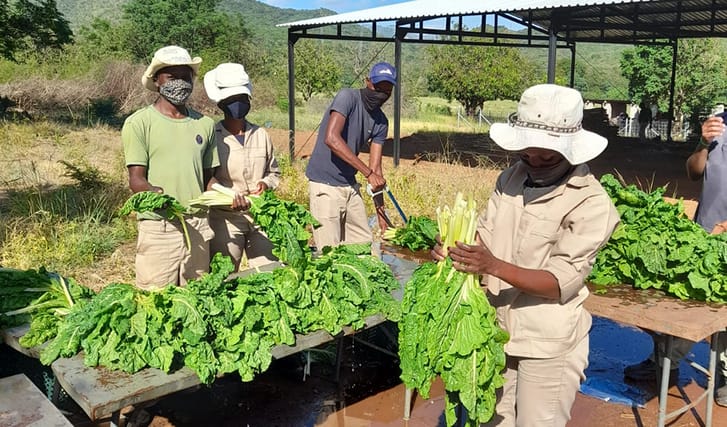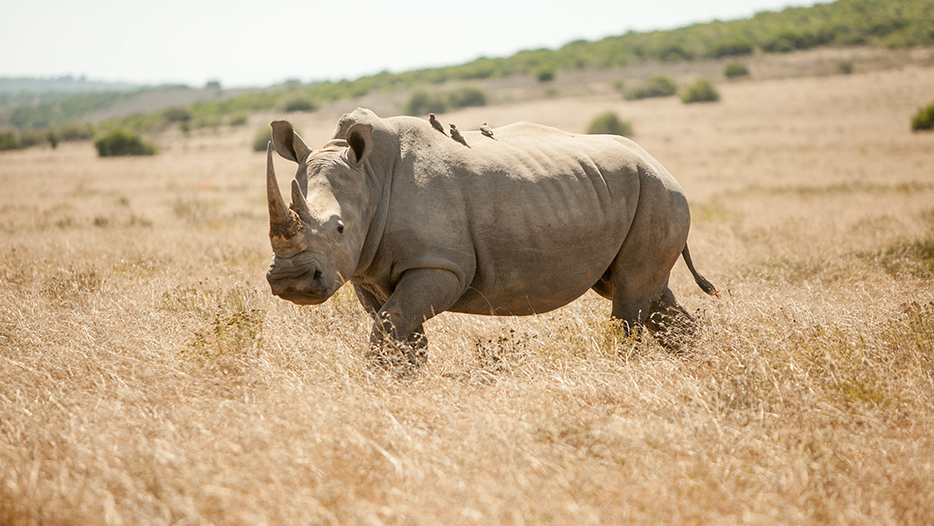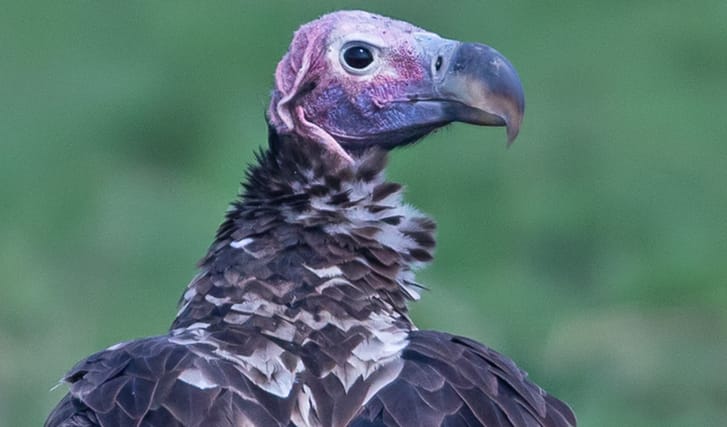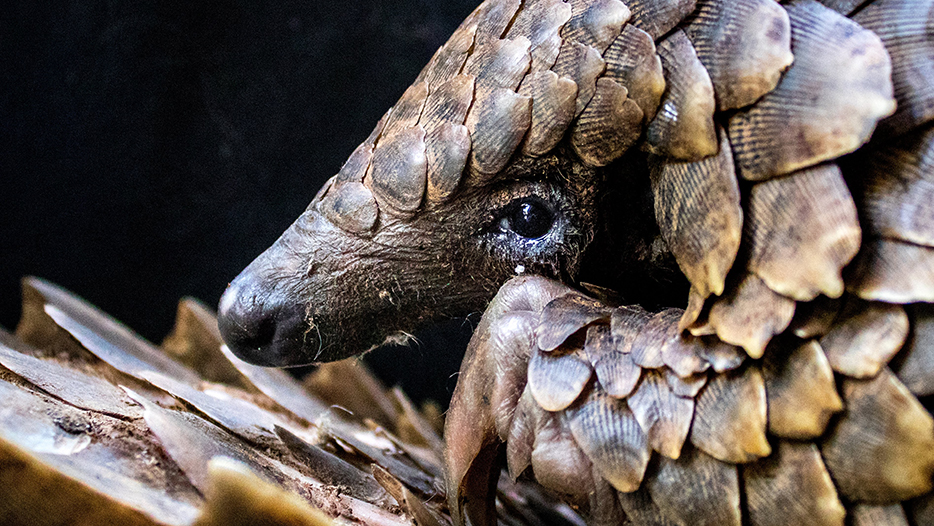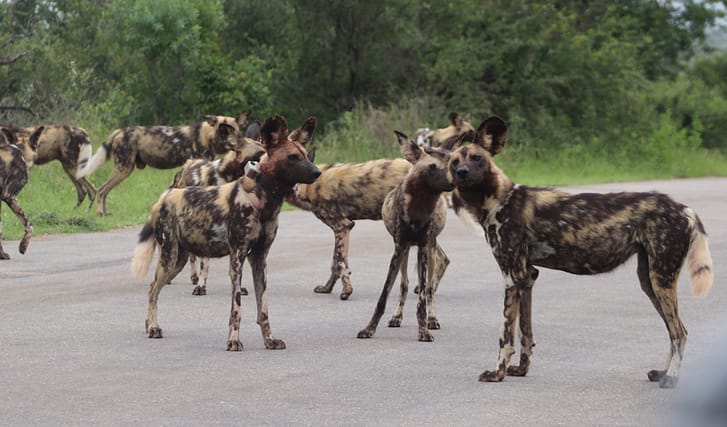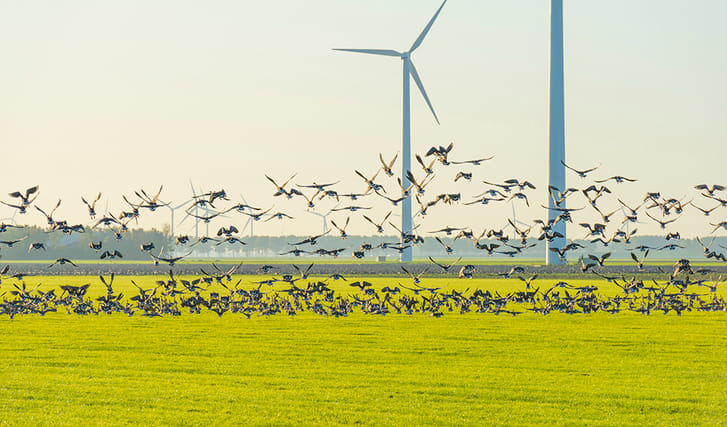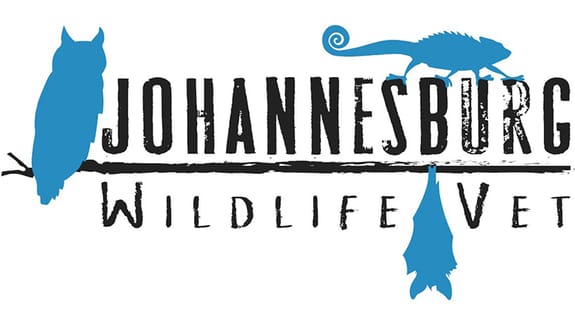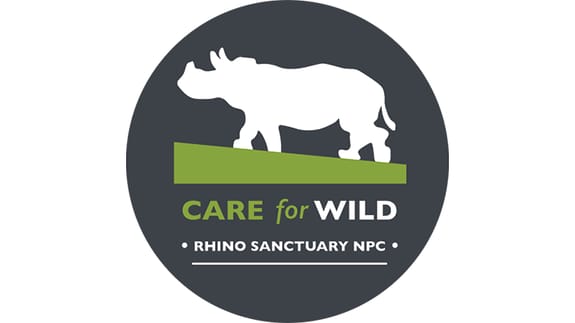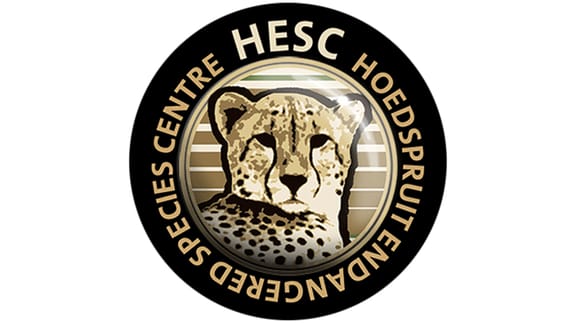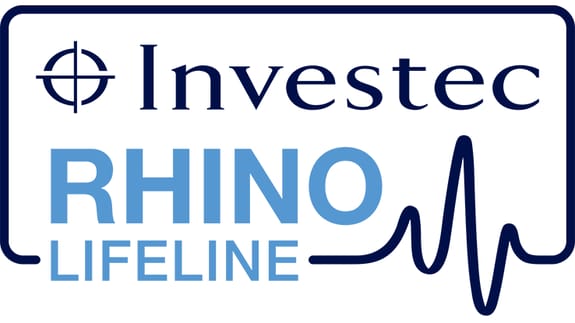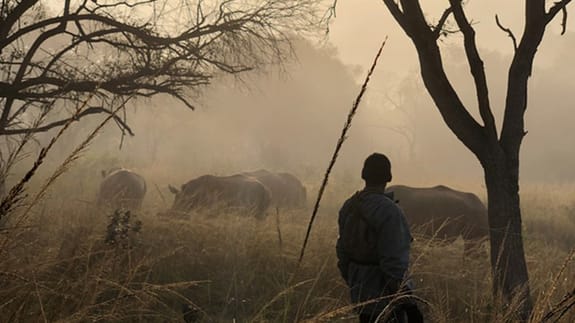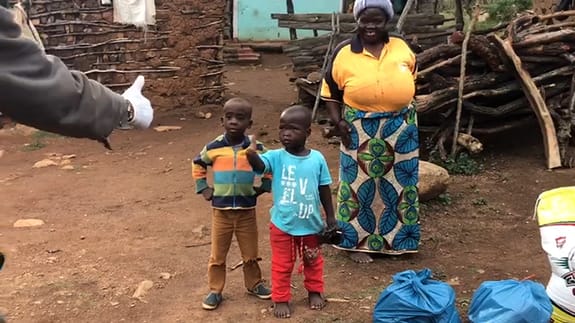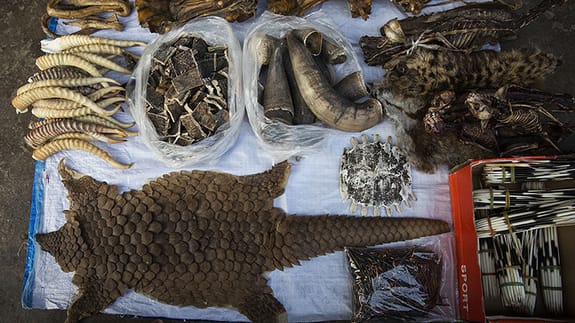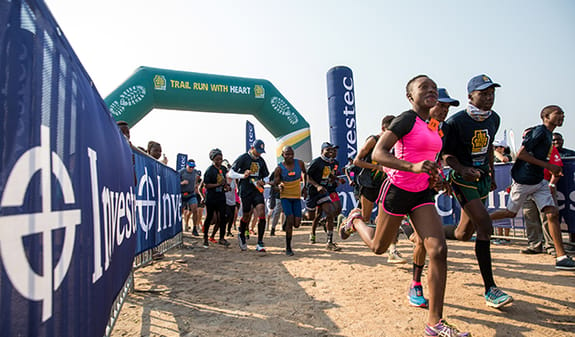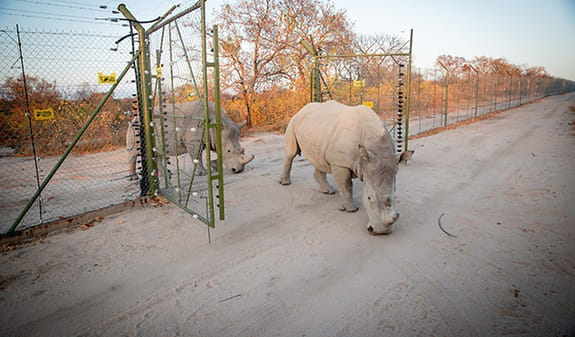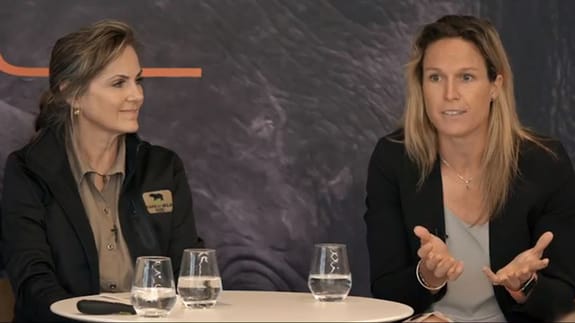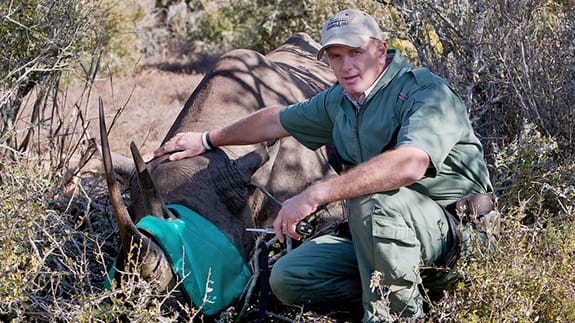Ten years ago, when rhinos were being decimated, Investec acted to help save this magnificent species before it was too late.
Since then, we have supported the rescue and rehabilitation of over 130 rhinos, from which at least eight calves have been born, raised awareness with millions of people internationally, reached over 53 000 children in South Africa with conservation learning, and provided conservation learnerships to over 830 young people through the Youth Employment Service (YES).
Investec’s conservation strategy reflects the group’s focus on climate action and inequality, by protecting critically endangered species and the environment they inhabit. Through our projects we aim to have a positive impact on our natural heritage, by uplifting vulnerable communities living alongside national parks and reserves, promoting a clean environment through carbon-reducing initiatives, and combatting illegal wildlife trafficking, using our business systems and resources.
We believe that investing in biodiversity and inclusive conservation is vital to sustaining our rich wildlife and will lead to a better future for us all.
